Recovering from surgery can often feel like a daunting process, but the right nutrition can significantly influence your journey towards healing. Post-surgery meals are not just about overcoming hunger; they play a crucial role in speeding up your recovery, enhancing your wellbeing, and restoring your body’s energy levels. In this blog post, we delve into the specifics of what constitutes effective post-surgery meals so that you can better navigate this crucial phase of healing. We’ll explore nutrient-rich ingredients, share useful tips tailored to different recovery stages, and guide you through some delectable recipes. Let’s get started on creating a nourishing path to recovery.
The Importance of Post-Surgery Nutrition
Understanding the significance of post-surgery meals is essential in ensuring optimal healing. Nutrient-dense foods not only provide the energy needed for daily activities but also play a pivotal role in tissue repair, reducing inflammation, and bolstering the immune system. A well-balanced diet post-surgery can drastically minimize recovery time.
Key Nutrients for Recovery
After surgery, your body requires a variety of nutrients to rebuild and heal. Protein, for instance, is vital for tissue repair and the rebuilding of muscle mass. Foods like lean meats, eggs, and legumes are excellent sources. Vitamins such as vitamin C and zinc are incredibly important for their antioxidant properties, helping to reduce inflammation and speed up recovery. Fruits like oranges and vegetables like spinach can supply these beneficial nutrients.
Appropriate Meal Planning
Designing a meal plan that fits your recovery can be tricky but rewarding. Start by consulting with your healthcare provider or a nutritionist to tailor your nutritional needs. Integrate a mix of macronutrients and nutrients that target specific post-surgery needs, ensuring you get adequate fiber to aid digestion, healthy fats like omega-3s for reducing inflammation, and a variety of vitamins and minerals for overall wellness.
Post-Surgery Meal Ideas and Recipes
Creating meal ideas that are both delicious and healing is crucial during the recovery phase. Below are some recommended recipes you can easily incorporate into your diet:
Breakfast Options
- Oatmeal with Berries and Honey: A great start to the day, this dish is packed with antioxidants from the berries and minerals from the oats, providing sustained energy and promoting digestion.
- Scrambled Eggs with Spinach: High in protein and iron, this meal aids in red blood cell production and muscle repair.
Lunch Ideas
- Quinoa Salad with Grilled Chicken: Rich in protein and fiber, this salad includes fresh vegetables for added vitamins and minerals.
- Tuna Salad Sandwich: Opt for whole-grain bread to increase fiber intake and provide long-lasting energy.
Dinner Delights
- Baked Salmon with Steamed Broccoli: Salmon is a great source of omega-3 fatty acids, supporting inflammation reduction and brain health.
- Chicken Stir Fry with Brown Rice: This dish offers a perfect blend of protein and complex carbohydrates for a balanced meal.
Post-Surgery Hydration and Snacks
Staying hydrated is equally important during recovery, as it helps maintain optimal body functions and flushes out toxins. Drink plenty of water and incorporate hydrating foods like cucumbers and watermelons into your diet. For snacks, choose nutritious options like nuts, yogurt, or fresh fruit that offer a mix of healthy fats, proteins, and vitamins.
Hydration Tips
Ensure that you are drinking enough water throughout the day to stay hydrated. Avoid caffeine-rich beverages that might deplete your body of essential fluids. Infuse your water with lemon or mint for added flavor and antioxidants.
Snack Suggestions
Healthy snacking can curb hunger between meals without adding empty calories. Almonds, walnuts, and mixed berries are excellent choices that provide a nutritional punch. Greek yogurt with a sprinkle of granola also makes for a satisfying, protein-rich snack.
Internal Resource Links for Further Reading
For more focused insights on maintaining a healthy lifestyle or recovery diet tips, you can explore these related posts:
- Understanding Protein Needs in Recovery: Dive deeper into how proteins support post-surgery healing.
- Top Anti-inflammatory Foods You Should Know About: Learn about natural foods that can aid in reducing inflammation.
- Effective Hydration Strategies: A comprehensive guide to staying hydrated for better health.
Conclusion
As we conclude, remember that your body’s nutritional needs post-surgery are unique and pivotal to achieving a speedy recovery. By incorporating these nutrient-rich meal ideas and focusing on balanced hydration, you can enhance your healing process significantly. We hope this guide serves as a valuable resource in your healing journey.
Do you have any recipes you’d like to share or tips on how you’ve managed recovery post-surgery? Leave a comment below, and let us know! Don’t forget to share this post with anyone you think could benefit. For more insights, make sure to subscribe to our blog using the link below!
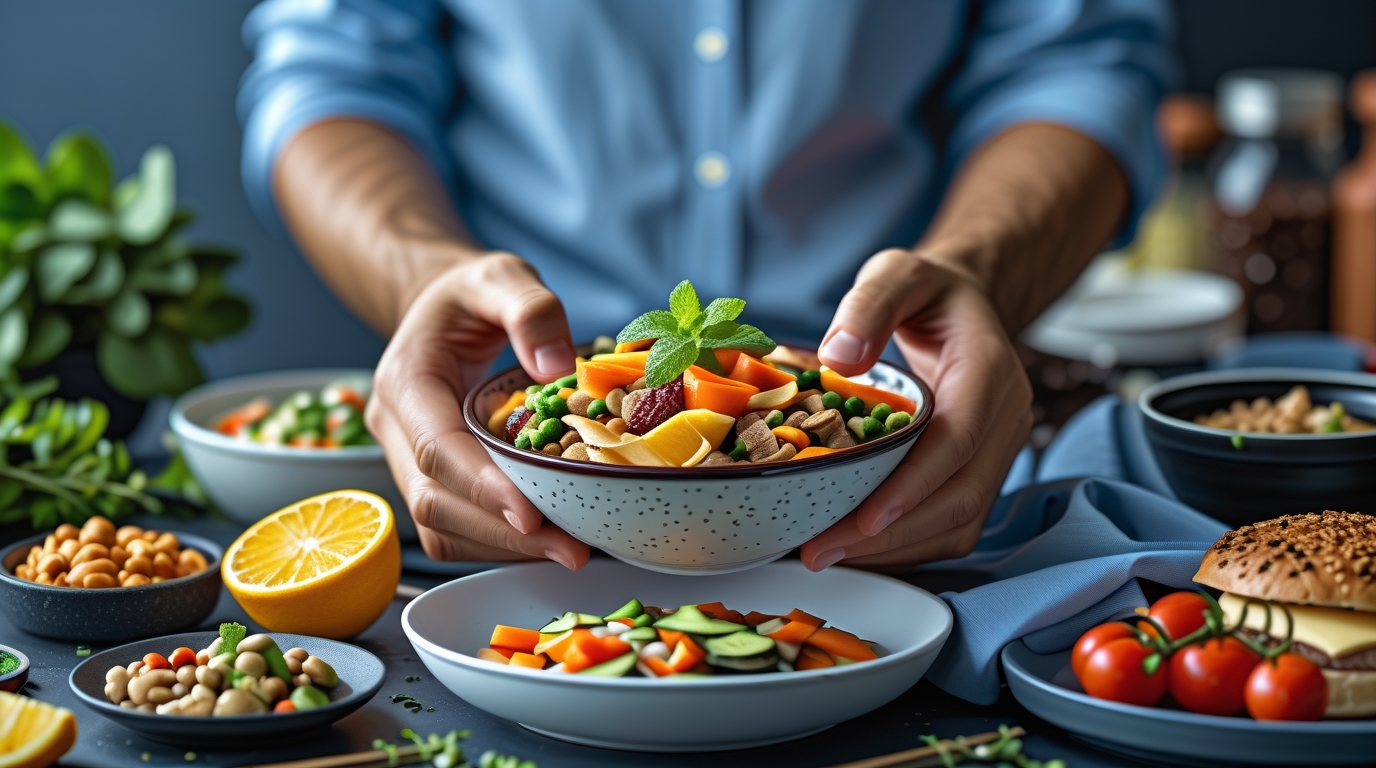
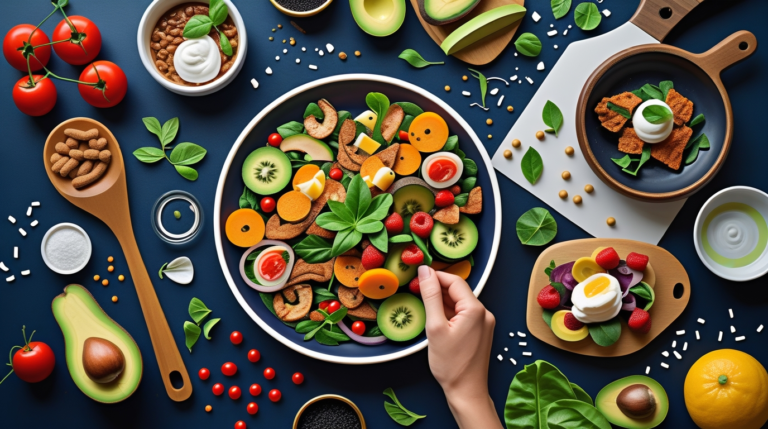
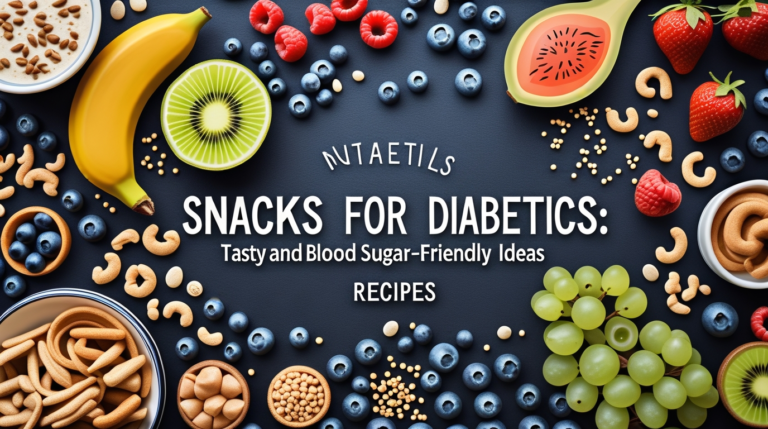
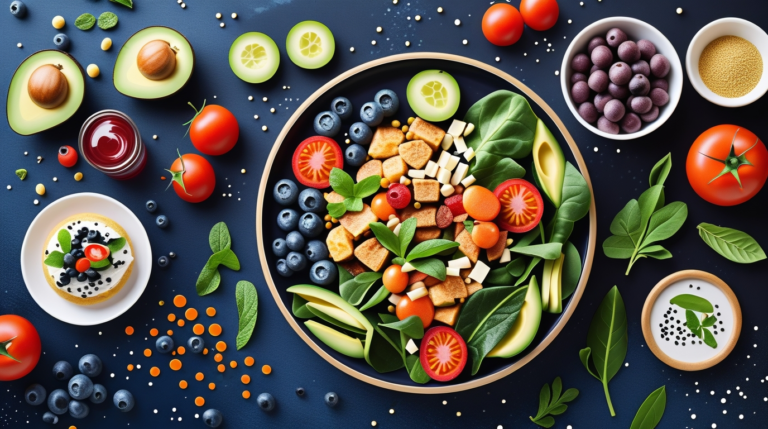
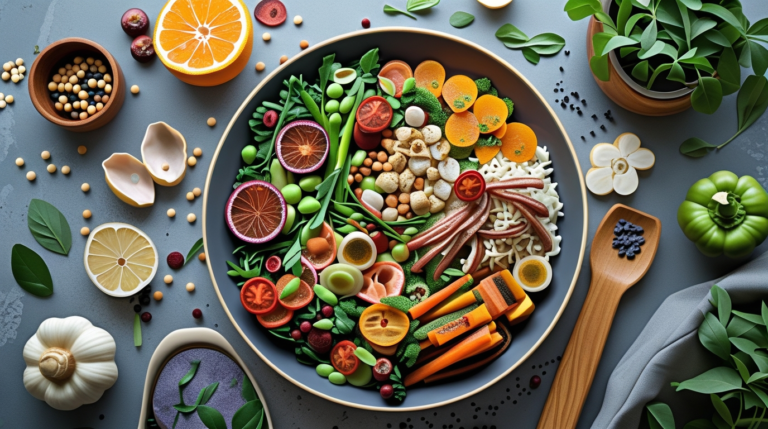
Leave a Comment